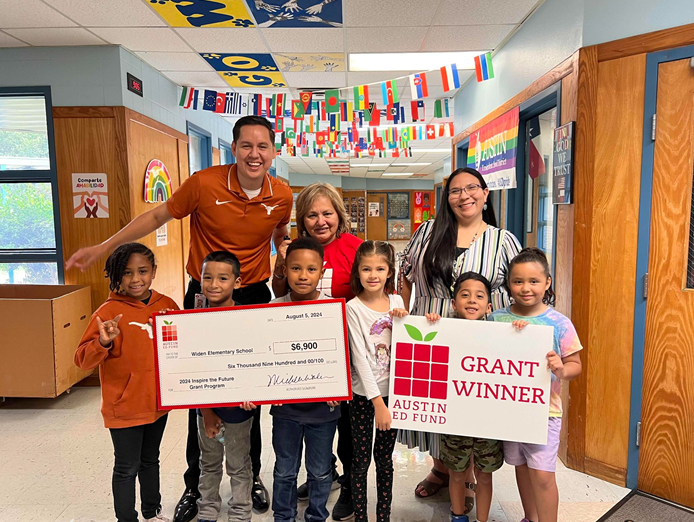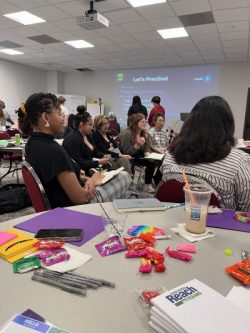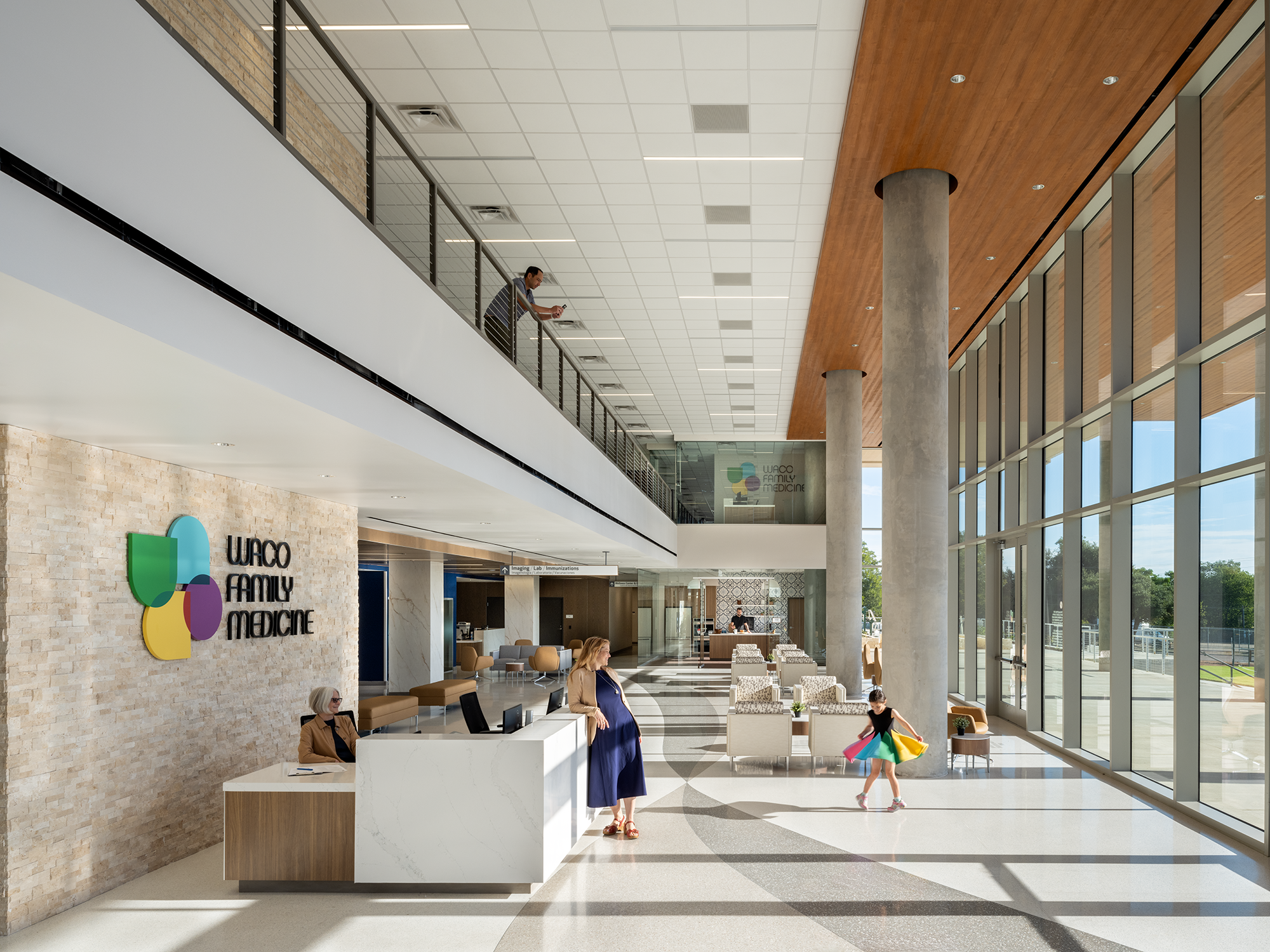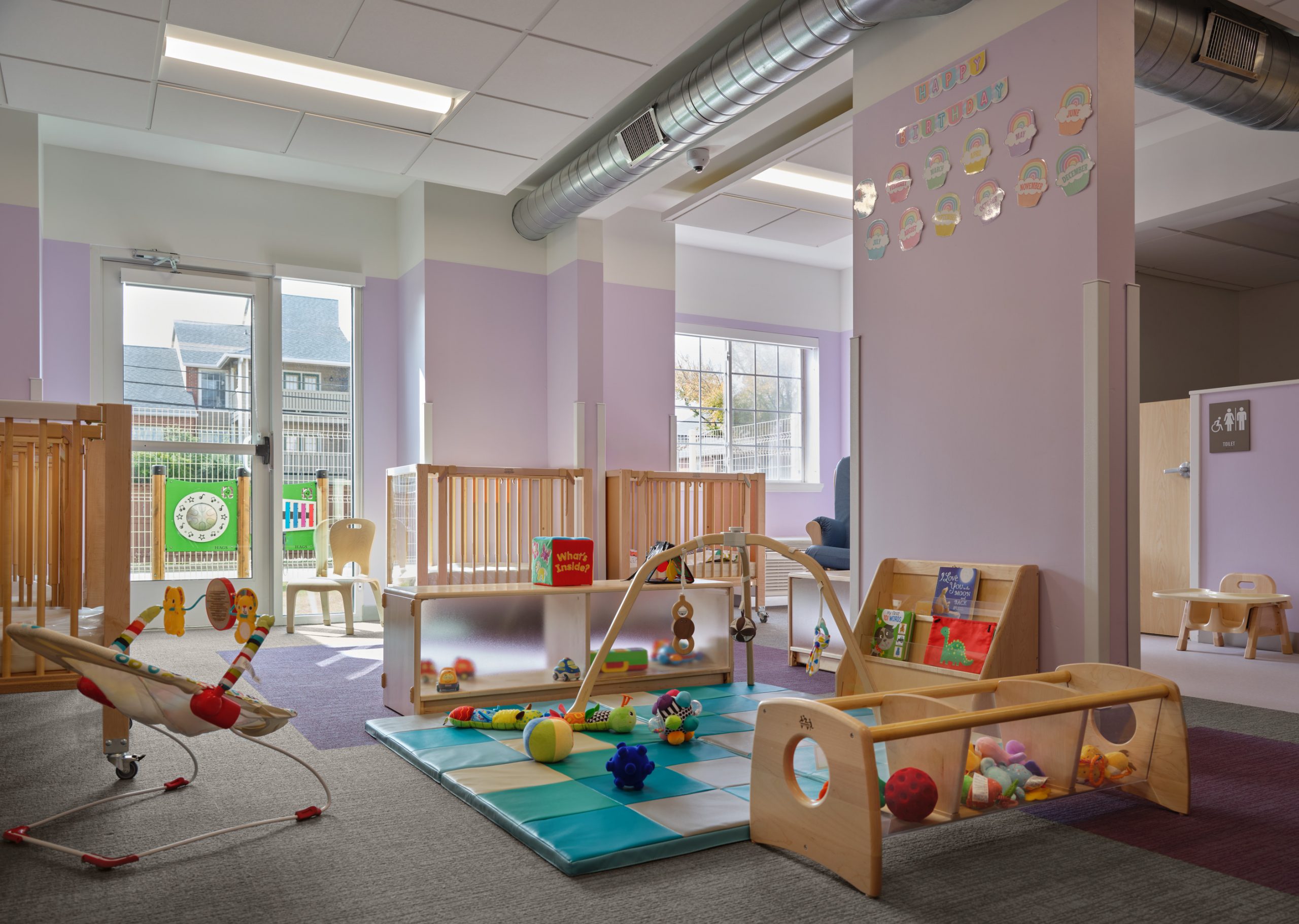
Moody Grant Recipient: Family Gateway
Can you tell us more about Family Gateway and why it is essential in your community?
Family Gateway plays a central role in assisting families with children who are experiencing or near homelessness in Dallas and Collin Counties. We have continued to grow, innovate, collaborate and partner to keep pace with the demand of families seeking emergency services. We completely changed our model to provide more cost-efficient services, namely helping families avoid a shelter experience by creative problem-solving and solutions that do not require shelter as an intervention.
Last year, we served almost 1,800 families with children, approximately 1,100 of whom were diverted from shelter and served with alternative solutions. This helps keep scarce shelter space available for those who have no other options. When family shelter space is full, we overflow into inexpensive hotels until a room can be found (or until we can help a family find some other resolution to their homelessness crisis).
Children experiencing homelessness are more likely to be held back a grade, be diagnosed with a learning difference, or suffer from mental health challenges. Teens experiencing homelessness have higher rates of suicidal ideation than their housed peers. It is therefore imperative that we continue to grow and expand our services as needs increase and bring families with children as rapidly as possible into care.
We are experiencing a high demand for services as compared to last year (500 more families requesting help than during the same period as last year Jan – May). About 50% of our families come to us from sleeping in their cars or checking out of a hotel room that they have paid for to sustain their family under a roof. We are also seeing a dramatic increase in the number of evictions as compared to prior years.
What makes Family Gateway unique?
Our shelters provide care to families that no other shelters will help, and we overflow into inexpensive hotels when shelters are full so as not to turn families away. We are experiencing an increased demand for services, as more families are falling into homelessness in our two-county-wide service area, which is like the national experience. Rising rents with stagnant wages are primary factors here. Additionally, approximately 25% of our families have someone (usually a child) with a serious disabling condition, such as severe autism and seizure disorders.
Most shelters serve individuals. Those that do serve families typically accept women/children only and no boys over 14. We have very intentionally gone in the other direction, understanding that families come in all shapes and sizes. As long as children under 18 are in the mix, we serve single parents, married and unmarried couples, including same sex couples, and extend our definition to include grandparents raising grandchildren, families with multiple generations, families with children over the age of 18 who have a medical condition that renders them dependent, and pregnant mothers with no other children if a maternity shelter cannot be secured. Because of stringent definitions and restrictions for entry in other agencies, our shelter care is frequently a family’s only option in the community.
Tell us more about your relationship with the Moody Foundation.
The Moody Foundation has supported our work for many years, helping us grow and transform to support Assessment & Diversion program and shelter programs. Most recently, the foundation made a significant gift to support the renovation of our newest shelter in north Dallas as well as a new Mobile Unit to help us take resources for Assessment & Diversion into the community into identified resource deserts.
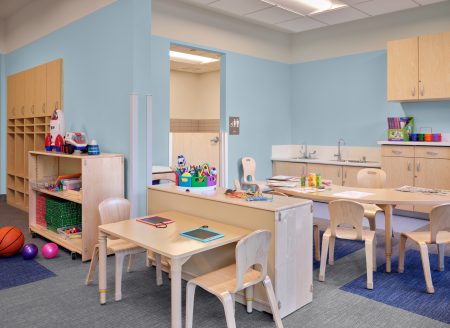
What is the history of Family Gateway, how has it evolved?
Founded in 1986, we were founded by Dallas Mayor Annette Strauss. Our mission is to provide stability and life-changing supportive services for families with children experiencing homelessness.
We aligned our agency’s work in 2016 to the national strategic plan on homelessness, which transformed our agency from supporting 400 families annually, prior to the change in model, to now almost 1,800 families in 2023 (5000+ individuals) annually. We offer a 24 x 7 response to families in crisis, assess them for their needs and match them with the appropriate intervention, rather than thinking that just because a family is seeking shelter that a shelter stay is what they need. We first try to prevent and divert families from homelessness by stopping evictions or helping families connect to other family members who can support them out of their crisis.
We offer rental assistance, transportation assistance, and a variety of other resources to help families stabilize without coming into shelter. If those efforts fail, we bring or refer families into shelter. When shelter space is full, we overflow into hotels to expand our capacity so as not to turn families with children away back to sleep in their cars or outside. We also support more than 100 families at a time in post-shelter care in our supportive housing programs. In 2021, we were highlighted in a national best practice publication for our innovative and immediate response to families, and that same year were invited to speak at a national conference about our work and were awarded a competitive 40-year contract to operate out of a City-purchased formal Candlewood Suites Hotel. In 2023, we renovated the ground floor of this facility with a $3 million capital project that was raised from both public and private sources (including the Moody Foundation!).
The implementation of our Assessment & Diversion practice (as opposed to the norm of providing services on a first/come first/served manner) was game-changing for our agency and for our community, as we now offer a much wider variety of solutions for families to end their homelessness according to their actual needs. We now prevent homelessness or divert families from shelter with alternatives to that level of care for more than 1,100 families annually, which leaves scarce shelter space available for those who need it the most. This practice was recently highlighted in our State of Homelessness Address and specifically identified as responsible for a 15% decrease in family homelessness in the last year. This practice is now being taught to other agencies to help them with the individual homeless population in our community.
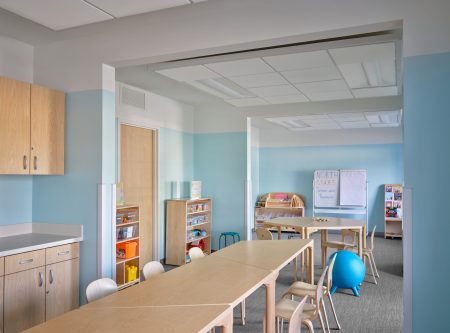
Upcoming events or key milestones we should highlight?
On the evening of November 14, we will host Denim & Diamonds with country music legend Neal McCoy. We will present the Annette G. Strauss Community Service Award to Charlie O’Connell and Joel T. Williams III for their work in helping transform the homeless response system in their quiet, humble way behind the scenes.
